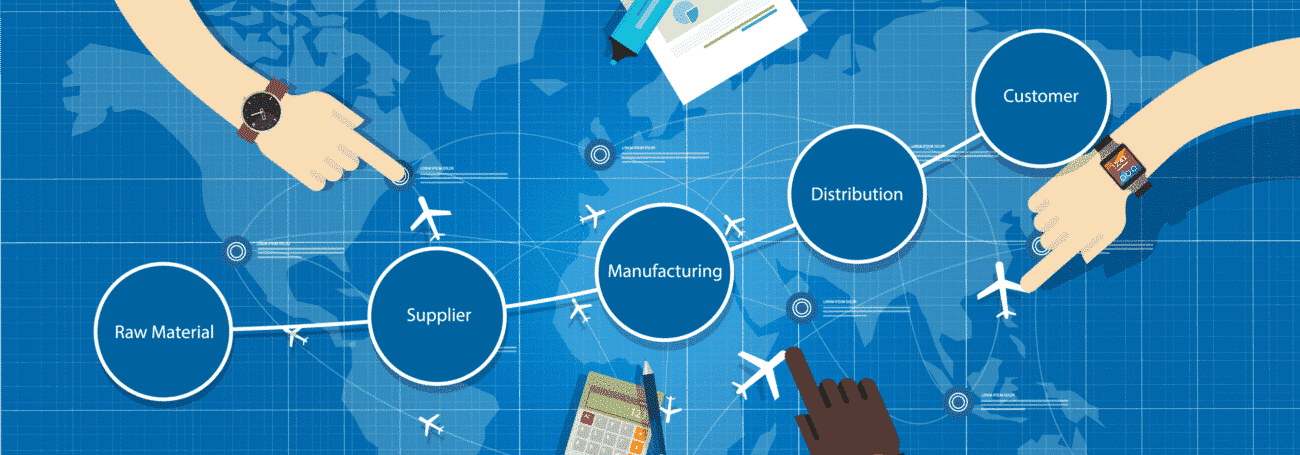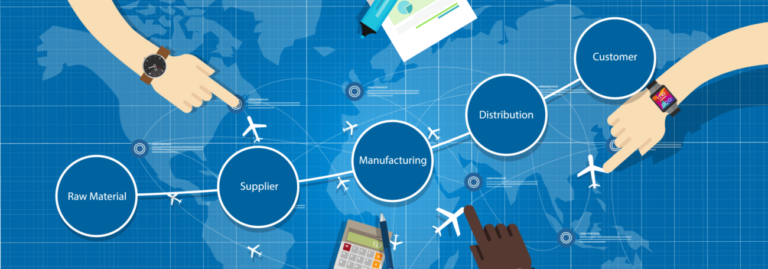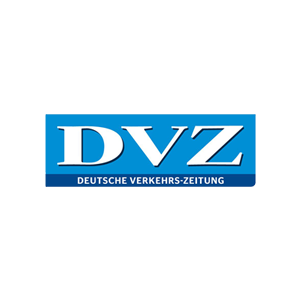Why is there a supply chain law?
In global trade, companies harm the environment and exploit people. This happens in the course of global value and supply chains and has been accepted until now, also because of its low controlability due to the distance to e.g. low-wage countries. This is because what is beyond the control of companies cannot be claimed via product liability.
Dates for the Supply Chain Act
After 10 years of tinkering with the draft directive for the Supply Chain Act in the EU, it was passed in Germany in 2021. There it is then effective from 01.01.2023. For the time being, in stages depending on the size of the company. France, the Netherlands and the UK already have their own laws. Outside Europe, too, for example in the USA or Australia, laws stipulate that companies worldwide must respect human rights.

What was the impetus for the law?
- In 2019, a supposedly tested dam in Brazil bursts, sweeping 246 people to their deaths.
- In 2012, 259 employees burn to death while working in a textile factory in Pakistan.
- 1134 people are killed when the factory collapses while they are going about their work making shirts for brands like Prada and Gucci. Another 2500 workers are seriously injured.
These are only the best known cases in recent years, the number of unreported cases is likely to be several times higher. There is an urgent need to remedy this situation.
What are the key points of the Supply Chain Act?
Basically, the EU Supply Chain Act is about creating a practical and SME-friendly framework for internationally active companies. A statutory catalog of criteria must clearly define what companies have to do in concrete terms as part of their due diligence obligations.
- Respect and support international human rights: Especially in developing countries, promote human rights and take measures not to be complicit within their own supply chains.
- Actively counter all forms of slavery, human trafficking, forced labor and economic exploitation.
- Prevent child labor, which occurs primarily in labor-intensive industries.
- Counteract discrimination: unequal treatment on the basis of origin, gender, disability, religion, etc. is inadmissible.
- Precautionary principle on environmental issues: Abandon supply chains that cause both active and passive damage to health; provide access to clean drinking water, do not destroy the basis for food preservation and production, etc.
- Actively promote environmental awareness: Disposal of toxic waste, loss of biodiversity, water and soil pollution, toxic emissions – analysis and countermeasures.
- Uphold freedom of association: Respect trade union associations, do not discriminate on the basis thereof, uphold strike rights.
- Countering corruption and extortion: Fraud with suppliers and government agencies damages reputation, quality must be recorded and eliminated by means of risk analyses.
What happens if companies do not comply with the law?
In detail: In France and Germany, the law initially applies to companies with a size of more than 3,000 employees and annual sales of more than 300 million euros. Following the introduction of the first stage, the law will be extended to companies in the SME segment with 500 or more employees. German companies face heavy fines of up to 50,000 euros for misconduct. Fines of up to 800,0000 euros or up to two percent of annual sales may also be imposed. In addition, there is the threat of exclusion from public tenders for up to three years. More information can be found on the website of the Federal Ministry of Labor and Social Affairs.
What happens to the costs?
The new supply chain law will certainly lead to increased time and costs for many companies. However, consumer awareness of responsibly produced products is also increasing. In many cases, the negative media coverage alone should be enough reason to more rigorously review their own supply chain in the future. The path to a transparent supply chain is certainly the right one for the future.
______________
Related blog article: 3 sustainable changes to make your logistics operations greener









